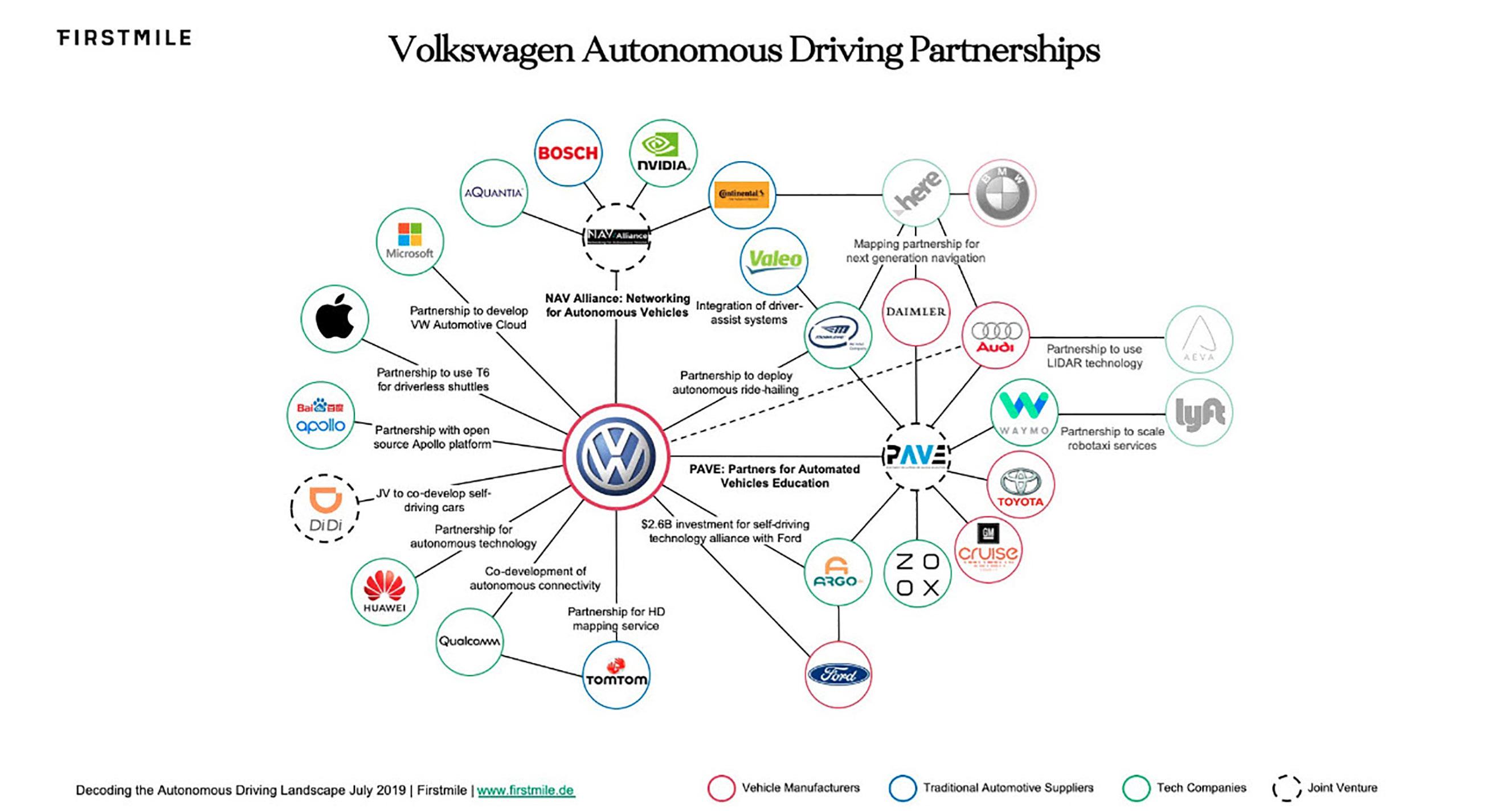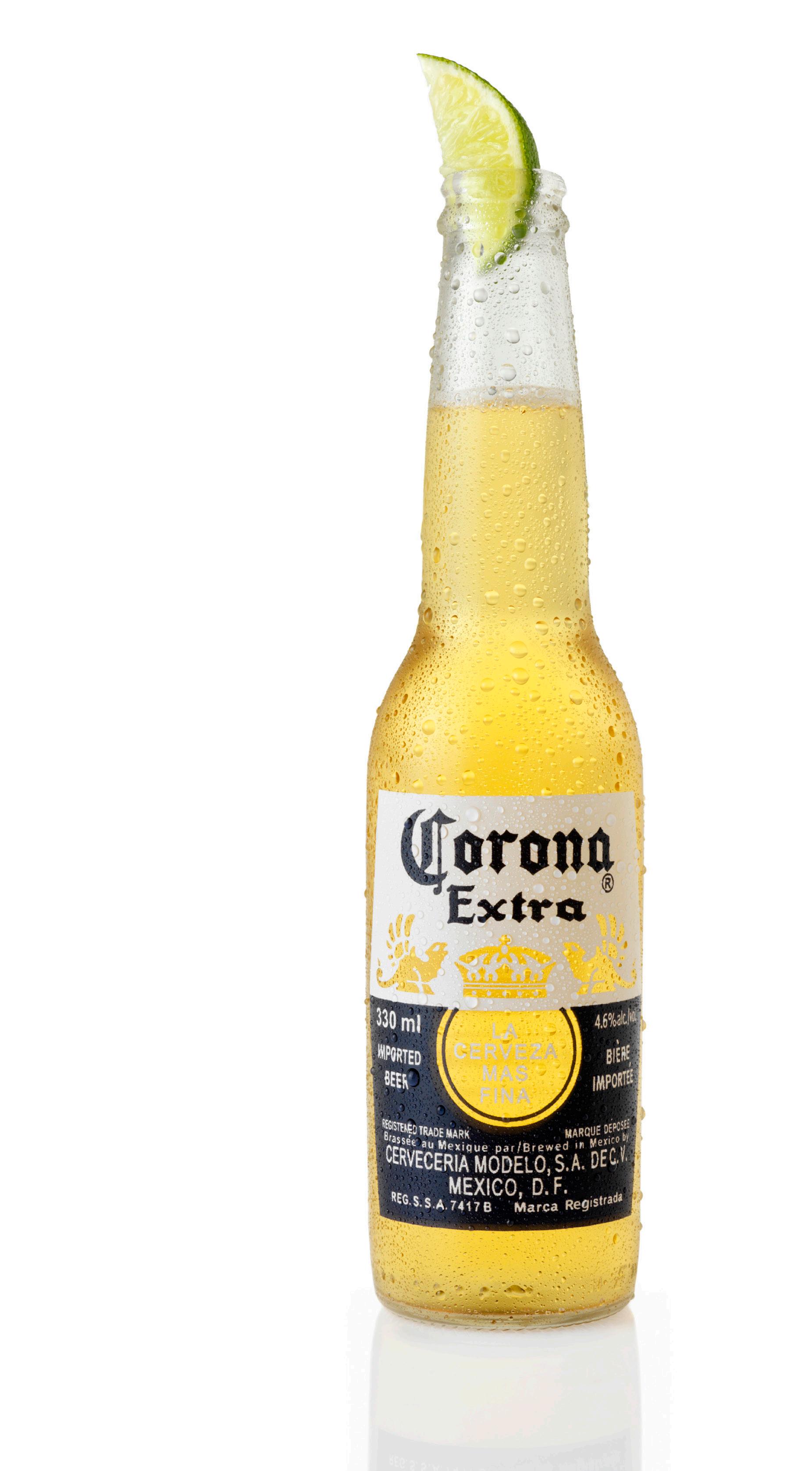BI MARKETING MAGAZINE 2020
Credit cards in the freezer: explaining payment problems with behavior Has your relationship with your credit card ever turned sour? Behavioral economics reveal why some cardholders are more irrational than others.
Credit cards have become a ubiquitous part of our daily lives; a convenient payment device tightly woven into the fabric of consumption. However, we are also aware of the drawbacks and challenges of consumers having access to flexible credit at onerous interest rates. While economic models of consumer behavior might anticipate a rational, contemplative and forward-looking individual, we as fallible humans are somewhat aware of our own shortcomings.
shortcomings, to which extent are they able to rectify these tendencies?
This has led to stories, as the title of this article alludes to, of consumers actively interfering with their own irrational tendencies. The tale of the sensible consumer plunging their credit card into a temporary frozen tomb to prevent shopping mishaps exemplifies this. While consumers are aware and even weary of their own behavioral
Behavioral economics, and more specifically the field of mental accounting, may provide even more useful explanations of cardholder decision-making at odds with rational behavior.
28
Can our transactions reveal some of these behaviors – and can we use these patterns to predict who might encounter payment problems?
MENTAL ACCOUNTING Previously, economic models that incorporate this behavior have mostly focused on revealing these tendencies in experiments.
In a study, we used actual (and fully anonymized) credit and debit card transactions
HÅVARD HUSE, Lecturer, Department of Marketing,
from a large provider to inspect the predictive ability of some of these mechanisms. This allowed us to see if certain irrational biases can predict delinquency.
SHORT-SIGHTEDNESS Credit card usage can be helpful to some and problematic for others for the same reason – flexibility. Swiping a credit card allows for consumption smoothing, where payment is delayed after the purchase occurs. This flexibility allows us to consume at a desired pace which differs from the regular drips of salary transactions. However, this also allows us to separate payment and purchase in a mental sense, rendering the two decoupled from each other. For some consumers, this mental process might be more prevalent or heightened, reducing the salience of
past purchases. In addition, the credit card bill – an amalgamation of several purchases – reinforces this effect. Financially, the credit card instrument can be perceived as a complex device. There are grace periods that are free of interest, bills that include purchases and interest, and the comprehensive evaluation of total costs including borrowing. Previous research has shown that financial understanding is persistent, akin to a trait, and that low financial understanding is related to low credit scores. Thus, some individuals will forego comprehensive economic evaluations when making decisions, and be more susceptible to using mental shortcuts and succumbing to irrational biases. The lack of willpower, shortsightedness, and tendencies












